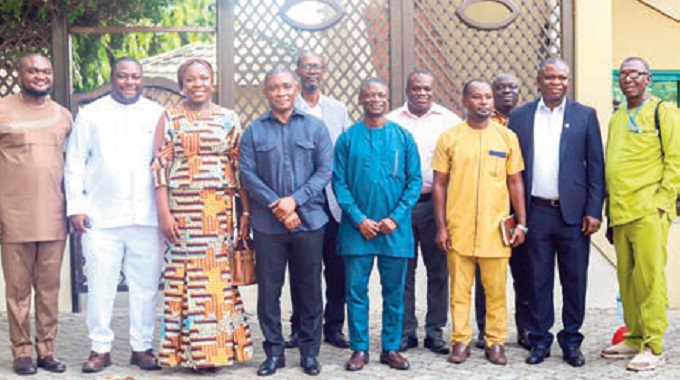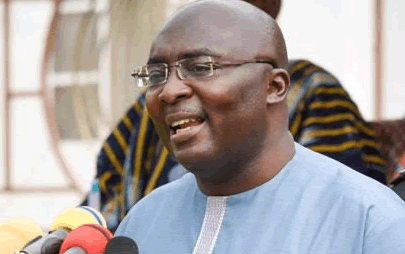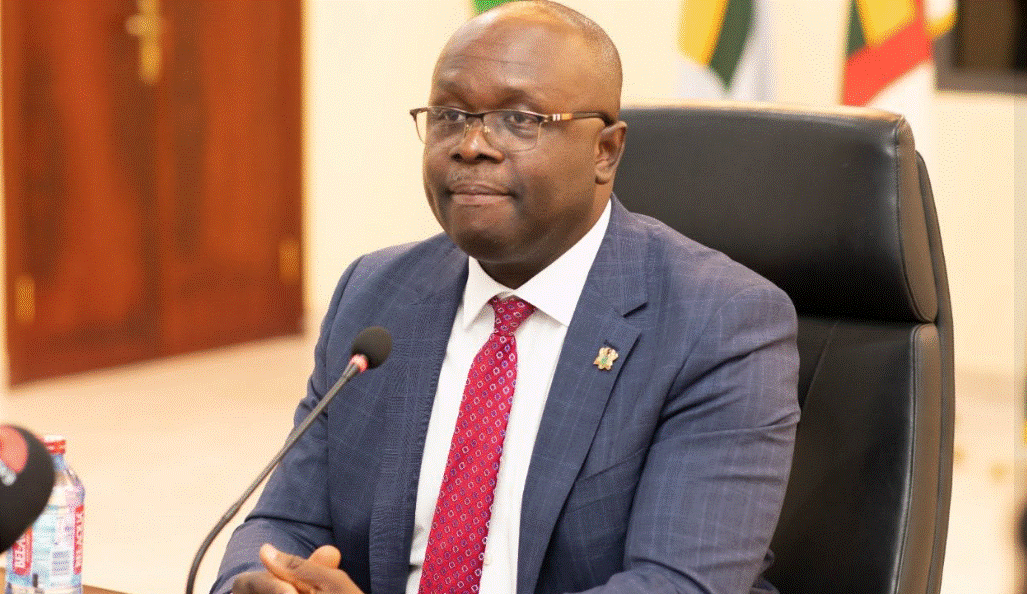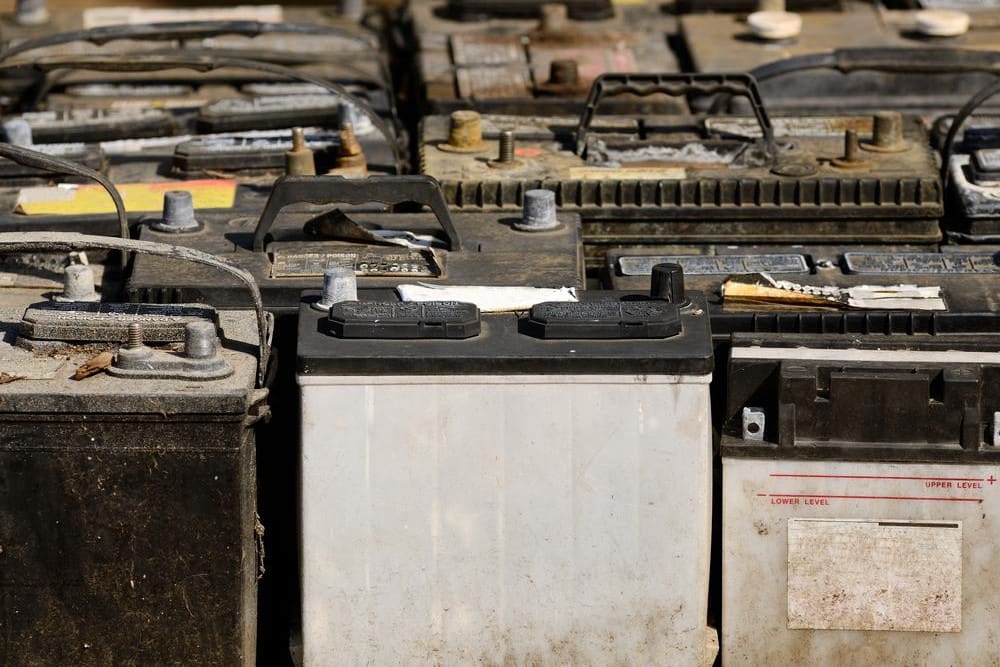
There is no doubt that mining contributes significantly to the economy of the country in terms of revenue from foreign exchange earning and job opportunities to the teeming unemployed.
Indeed, artisanal small scale mining remains key in our socioeconomic development if well regulated. It plays fundamental role in both the local and national economies which includes being among the major foreign exchange earner for the country.
As such, we believe much effort should be geared towards developing the industry for sustainable livelihoods in rural communities.
Small scale mining has, however, been bastardised and received bad publicity due to the illegalities being perpetrated by some players in the industry as well as some citizens in collaboration with foreign partners, to the extent that there is usually a confusion between small scale mining and illegal mining.
The government has taken proactive steps to sanitise the industry and rid it of illegalities that threaten the environment and human survival.
Last year, a ban was placed on all small scale mining activities while the government and some development partners worked towards developing a comprehensive project document and later, a roadmap, to sanitise the sector.
This had resulted in the misconception that the government is against mining.
While the artisanal small scale miners are playing according to rules of the game by acquiring licenses and environmental permits to operate in safe environments, some illegal miners are engaged in illegalities, thus giving the industry a bad name.
The government has been rolling out policy initiatives to support the industry to continue to play significant role in national development.
Currently, the licences of small scale miners are undergoing vetting, while steps are being taken to track the equipment and monitor the mode of operations of small scale mining companies.
Additionally, district mining committees have been established in the various areas to enhance local participation in the regulation of small scale mining activities, the Minerals Commission has been supported with drones to help in monitoring while more than 1,500 small scale miners have received training at the George Grant University of Mines and Technology in Tarkwa in the Western Region.
We urge the government on and appeal to small scale miners to take advantage of the policy initiatives to grow the industry and make it a number one foreign exchange earner for the country and an avenue for poverty reduction in rural communities.
In rolling out the policy initiatives, we urge the government to make the policy initiatives, especially those that have to do with license acquisition and environmental permits less cumbersome for operators so that they will not go "underground" to involve in illegalities.
We believe that the government can tap into the expertise of the African Mineral Development Centre and other relevant organisations for technical support to address the nagging problems in the small scale artisanal sector.
Besides, the government should intensify its collaboration with the George Grant University Mines and Technology for appropriate technology and training for the small scale operators to deepen their competencies and skills in safe and responsible mining.
We believe we have the capacity to regulate the industry to restore confidence in the operators and reinvigorate them to continue to contribute to sustainable national development.
After all, the government is not against mining but is resolved to sanitise the sector by strengthening regulatory institutions to enforce the appropriate regulations for the benefit of the country.
Read Full Story




















Facebook
Twitter
Pinterest
Instagram
Google+
YouTube
LinkedIn
RSS